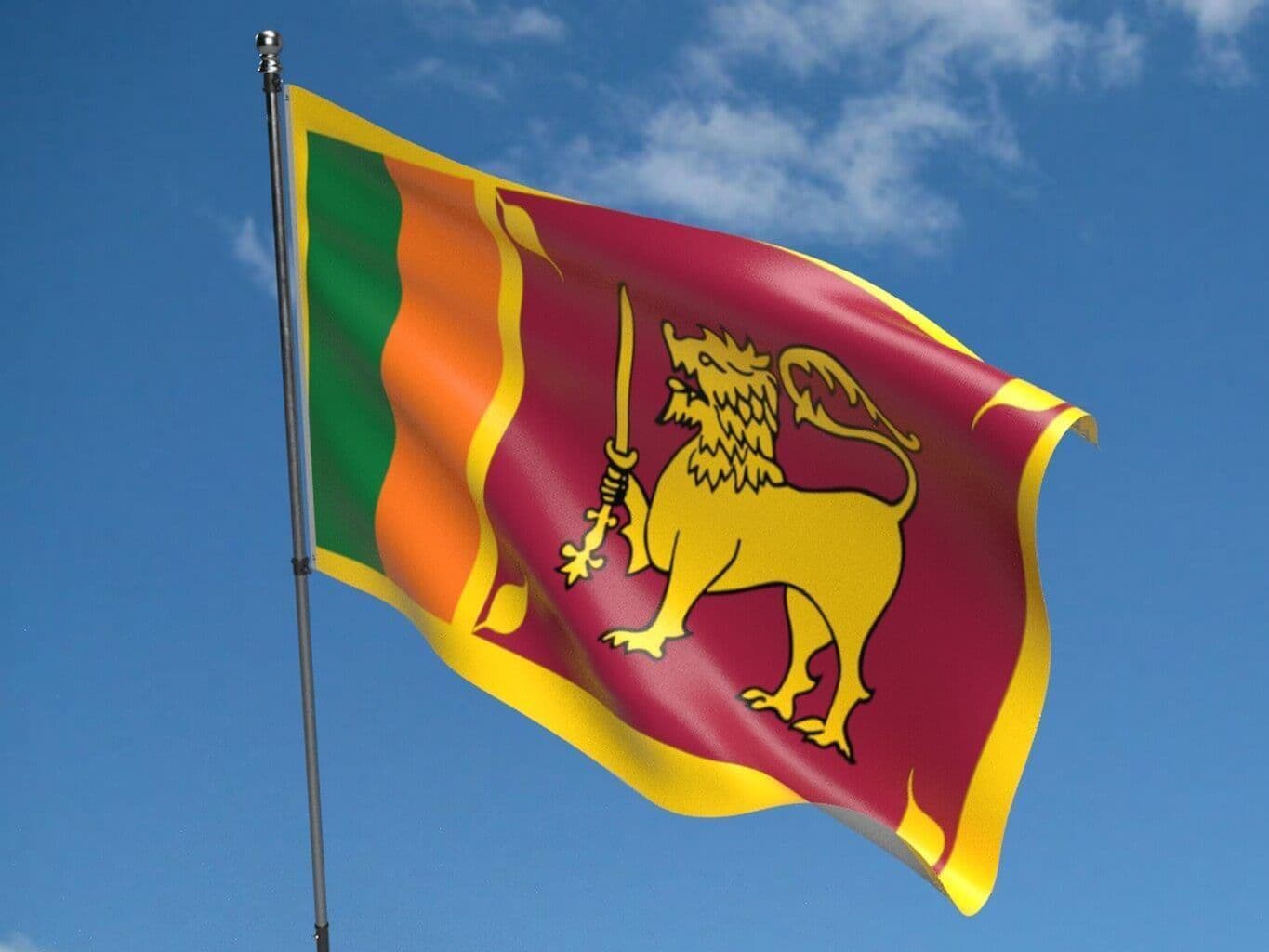
In a landmark move, Sri Lanka’s Parliament has officially passed a bill to establish a Gambling Regulatory Authority (GRA)—a major step toward modernizing, centralizing, and strengthening oversight over the nation’s gambling industry.
What’s Changing — Key Highlights
-
Unified Oversight: The new Authority will serve as the sole independent regulator over all forms of gambling—covering land-based casinos, online gaming platforms, offshore ship-based gambling, and operations in Colombo Port City
-
Repealing Outdated Laws: The GRA will replace several outdated ordinances, including the Horse Racing Betting Ordinance, the Gambling Ordinance, and the Casino Ordinance (2010)
-
Licensing & Enforcement Powers: The Authority will oversee licensing, venue registration, inspections, enforcement actions, and risk assessments for issues like anti-money laundering (AML) and illegal gambling
-
Broad Board Composition: Its board is set to include ex-officio members such as the Secretary to the Finance Ministry, the Commissioner of Inland Revenue, the head of the Financial Intelligence Unit, the Inspector General of Police, plus three external experts in fields like law, economics, or regulation
-
Strong Penalties & Responsible Gaming: Unlicensed gambling, false licensing information, unauthorized premises, underage involvement, and misleading gambling advertising will carry fines up to LKR 10 million (~US$33,000), up to two years in prison, or both
Context & Motivation
The reform aligns with President Anura Kumara Dissanayake’s broader policy platform to enhance transparency and crack down on corruption in unregulated sectors.
It also reflects growing economic ambitions. With City of Dreams Sri Lanka—a US$1 billion integrated resort—set to launch its casino in Q3 2025 under a 20-year license, authorities are keen to ensure robust governance and revenue collection, including higher entry fees and turnover taxes (raised from 15% to 18%).

Regulatory Gaps and Concerns
Notably, junket operators—which bring high-stakes gamblers into casinos—are not explicitly covered under the current bill. Officials have raised concerns that this omission may leave a regulatory loophole ripe for exploitation, particularly given junkets’ links to illicit money flows and limited transparency.
The Committee on Public Finance has also voiced worries about potential enforcement gaps. COPF chair Harsha de Silva noted that while the bill establishes the regulator, additional regulations are still needed to control casino operations effectively. He emphasized that post-ban, casino machine imports will now be closely monitored.

 Content Writer: Janice Chew • Friday, 25/08/2025 - 20:34:46 - PM
Content Writer: Janice Chew • Friday, 25/08/2025 - 20:34:46 - PM